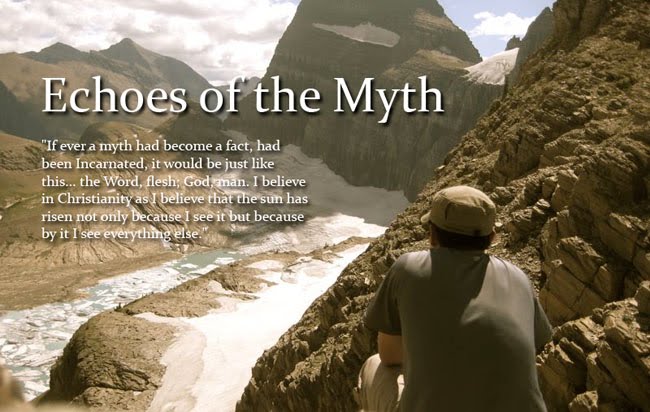Monday, September 13, 2010
What we learn about character from a controversial NFL rule
Yesterday was the first Sunday of the NFL season, and today the sports channels are abuzz over a controversial play in the NFL that cost the Detroit Lions the game. The controversy surrounds a rule that says a receiver must be in complete possession of the ball until he comes to a complete stop. Here's an excerpt from an ESPN radio interview this morning with Mike Pereira, the NFL's former vice president of officiating. Pereira said, "Right now it's really black and white, and it's all on the receiver at this point. If he's going to the ground, he's got to hold on to the ball until he has completely finished, until he's come to a stop. If he doesn't, it's an incomplete pass."
During the game, Calvin Johnson, a superb Detroit receiver (who knows he's good), went up and caught a last second 'hail mary' pass with time running out. Here's a video clip of the catch.
Now, it's clear from the replays that Johnson made the catch, but instead of tucking the ball, he chose to one hand it and come down. Regardless of what you think about the rule, the question remains: why would Calvin Johnson, a stellar and elite wide receiver both in college and in the NFL, not tuck the ball and come down with it?
Was it because CJ was trying to break his fall? Possibly. Was it to clearly show that he had possession by palming it? Maybe. Was it to stick it to the Bears and the fans that he had clear possession of the game-winning catch (which he had just snatched from over a defender)? Most likely. I may be reading into this, but his body language just smacks of pride - and this was a recurring theme from almost every game yesterday.
It seems that after every big tackle, big catch, or big run, the respective player found it his duty to flex his muscles, flaunt his stuff, and to let the crowd know what a stud he was for making such a play. Every season, I find more and more of this kind of arrogant 'look at me, I'm a warrior' machismo on display. And yesterday CJ's seeming arrogance cost him and his team the game. CJ should have brought the ball in and tucked it. He should have simply secured it and walked away, but instead, he needed to show the world that he was superior, and his arrogance made him woefully ignorant of an important rule when it comes to catching the ball - you must end with it in your possession until the very end even if it's obvious to us that you did indeed do something spectacular.
As I think about raising my two sons, I am challenged by something another C.J. (this time, C.J. Maheney) wrote in his book, Humility. In the next to last chapter, he talks about how we must be intentional about leaving a legacy of greatness in our children's lives. One example he points out is sports heroes. In no other arena is the word 'great' used of people than in the world of sports. Calvin Johnson is a reminder of that. He is a great wide receiver who made a great catch that was a great play. But his act of arrogance is not anything like what the Bible defines as greatness.
God is not impressed by big hits and tackles, gravity-defying catches, and last-second heroics. Rather, Isaiah 66:2 tells us, "But this is the one to whom I will look: he who is humble and contrite in spirit and trembles at my word." Peter goes on to quote, "God opposes the proud, but gives grace to the humble." I want to make sure that my sons understand that what happened to CJ yesterday is a picture of what pride can cost us. I guess it is true: Pride does come before a fall (and incomplete pass).
Subscribe to:
Post Comments (Atom)


No comments:
Post a Comment